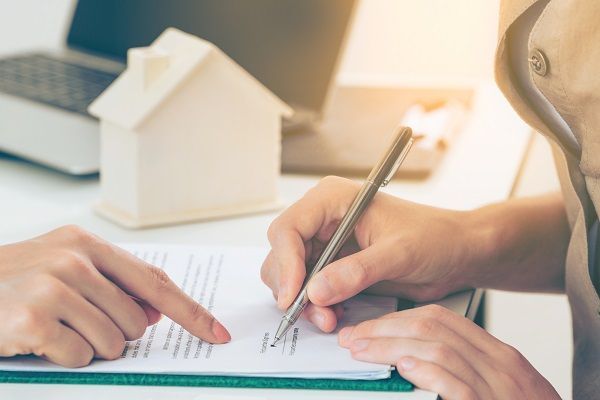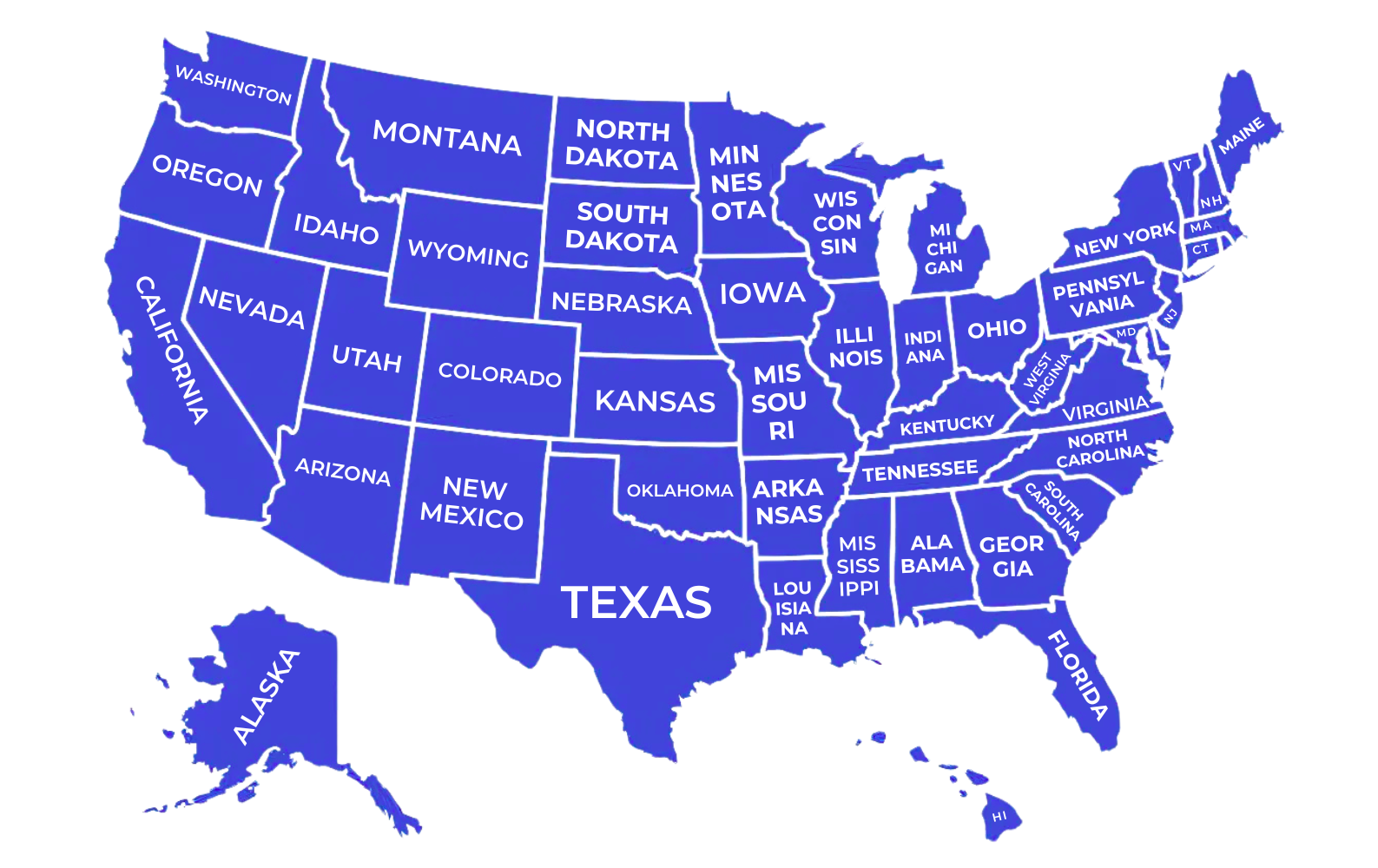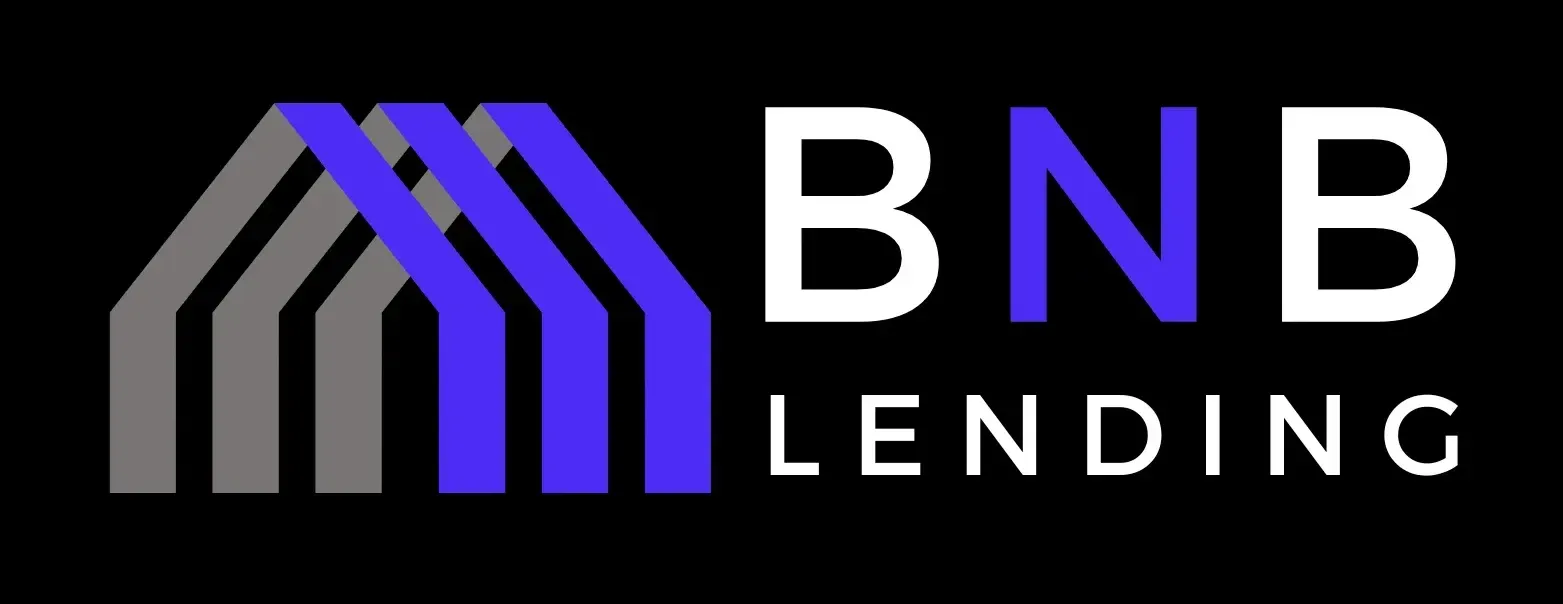
Virginia Second Home Loans and Mortgage Solutions
Financing Your Dream Second Home
Thinking about a second home in Virginia? Whether you're considering a Blue Ridge Mountain retreat, a Virginia Beach rental, or a seasonal condo in Richmond, BNB Lending offers second home mortgage solutions tailored to part-time personal use. We help borrowers navigate Virginia’s local STR taxes, property classifications, and zoning rules. With flexible loan terms, quick closings, and compliance-focused structuring, our Virginia second home loans are designed for smooth ownership—whether you plan to stay part-time or rent occasionally.
How to qualify
To obtain a quote, we will need the following information:
Property Value and
Purchase Price
Down Payment
Amount
Credit Score
Asset Types
- Single Family Homes
- Townhomes
- Condos
- 2 - 4 Units (Duplex, Triplex, Quadplex)
- Multi-Family: 5 - 8 Units
- Mixed-Use: 2 - 8 Units
- Multi-Family: 9+ Unit
Loan Terms
- Loan Sizes:
$100k up to $3.5 Million (Larger loan sizes available on a case by case basis)
- Purchase LTV:
Up to 85%
- Rate & Term Refinance LTV:
Up to 80%
- Cash Out Refinance LTV:
Up to 80%
- Amortization:
30 Year % 40 Year Amortization Options Available
- Term Lengths:
5/6 ARMs, 7/6 ARMs, 10 Year Interest Only, 30 Year Fixed & 40 Year Fixed
- Floor Rate:
5.50% (subject to change daily due to market volatility)
- Full Recourse
with personal guarantee required for all borrowers with majority ownership (typically 20%+ or 25%+ if closing in an Entity)
- DSCR Requirement: 1.00x or greater depending on loan size and property type. Sub-1.00x DSCR and NO DSCR options available.
- Vesting:
Lending to Individuals, LLCs, and Corporations. Trusts Allowable on a Case by Case Basis.
- Average Time to Close:
14 to 35 days
Wondering if you qualify for investment property financing in your area?
We offer lending services in all 50 states!

Frequently Asked Questions
What are the requirements for a second home loan in Virginia?
Virginia second home loans follow standard federal lending rules. The property must be a single-unit residence, livable year-round, and personally used by the borrower for part of the year. It cannot be titled in an LLC or used primarily as a rental. Most lenders require 10–20% down, strong credit, and documented income. Virginia does not add specific lending restrictions, but localities may regulate STRs or impose zoning rules. BNB Lending reviews your intended use, location, and ownership structure to confirm loan eligibility and guide financing.
How do short-term rental rules affect loan classification?
Frequent short-term rental use may shift a loan from second home to investment classification. While Virginia has no statewide STR law, many cities—like Virginia Beach and Charlottesville—require STR licenses, impose zoning rules, and collect transient occupancy taxes. Property owners must also collect a 5.3% state sales tax, 2.3% local tax, and any additional local STR fees. At BNB Lending, we assess your property’s location, rental frequency, and compliance obligations to determine the right loan type and ensure you meet both lending and local requirements.
Do second homes qualify for property tax benefits in Virginia?
Virginia second homes are taxed at 100% of assessed market value and do not qualify for Circuit Breaker tax credits, which apply only to primary residences under certain income limits. Additionally, STRs may be subject to Virginia’s unique personal property tax on furnishings, which can reach up to 1% of home value if the property is rented. BNB Lending helps you evaluate both your real and personal property tax exposure and ensures your loan is structured with these costs clearly accounted for.
Can I deduct mortgage interest on a second home?
Mortgage interest on a second home may be deducted on your federal return if you itemize and the home meets IRS guidelines for personal use. Virginia mirrors federal standards and allows itemized deductions, including mortgage interest, on state tax returns. If the property is used for STR purposes, deductions may need to be prorated. BNB Lending works with buyers to optimize the tax efficiency of their loan structure and encourages working with a CPA who understands Virginia’s treatment of real and personal property for mixed-use homes.
Are there second home loan programs in Virginia?
Virginia Housing’s assistance programs are limited to primary residences and do not support second home purchases. These programs typically apply to first-time buyers and full-time owner-occupants. BNB Lending fills the gap with private second home mortgage solutions for properties across Virginia—from Shenandoah cabins to Chesapeake Bay homes. We help buyers navigate STR licensing requirements, zoning rules, and tax treatment to ensure their loan is compliant and aligned with their financial goals for part-time or seasonal living.
What types of properties qualify for second home loans?
Second home loans apply to one-unit residences used primarily for personal occupancy and livable year-round. Qualifying property types include detached homes, condos, and townhouses. Timeshares, multi-unit, and commercial-use properties are ineligible. In Virginia, STR activity and zoning may impact loan classification and property eligibility. BNB Lending reviews your home’s characteristics, planned use, and location to determine if it meets both lender and municipal standards for second home financing.
Who benefits from choosing a second home loan over an investment loan?
These loans are perfect for self-employed individuals, LLCs, and investors managing multiple properties. If you plan to use your Virginia home primarily for personal stays and only rent it occasionally, a second home loan may offer better rates and terms than an investment loan. These loans must be in your personal name—not held by an LLC. BNB Lending structures Virginia second home loans to provide flexibility while keeping your financing compliant with lender and zoning guidelines.
Thinking beyond Washington? Explore Airbnb loans and second home opportunities in nearby states like Oregon or Idaho to expand your portfolio.

